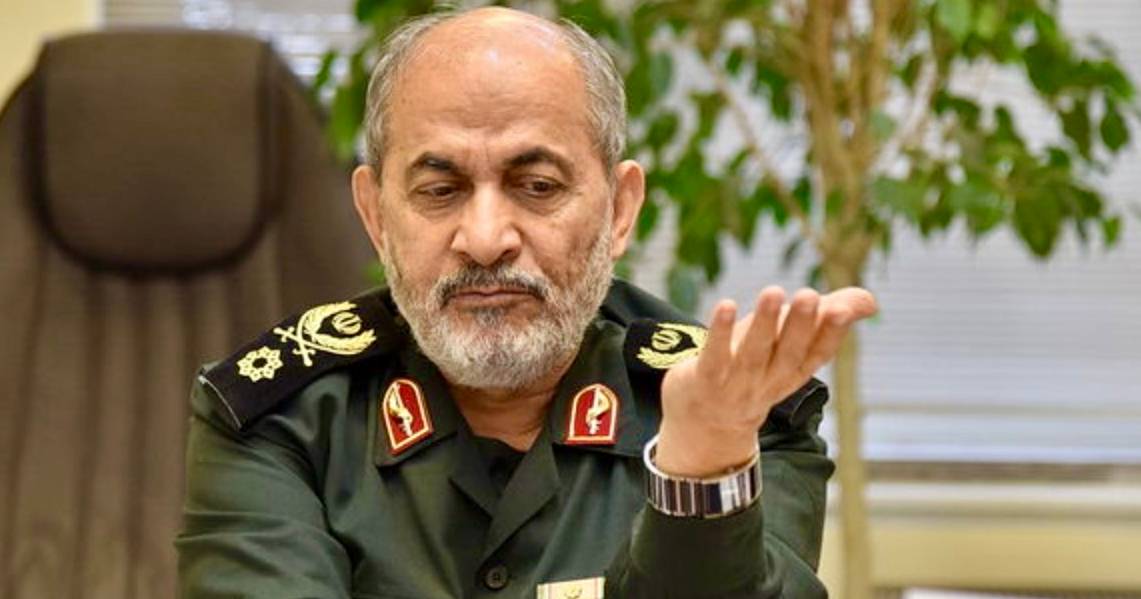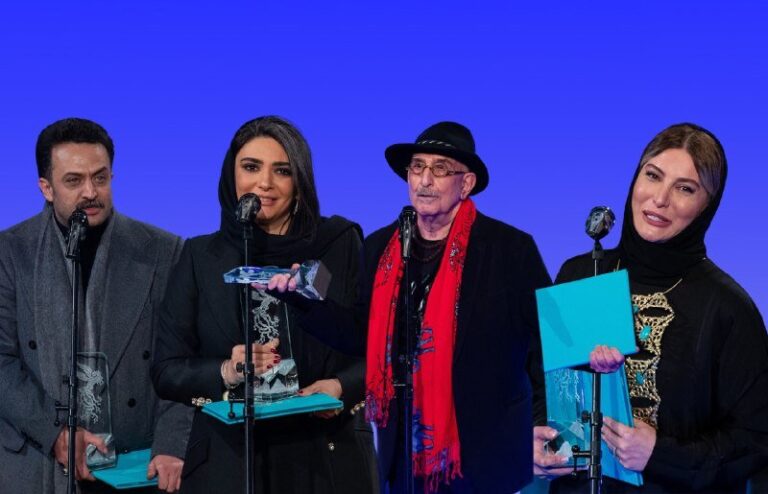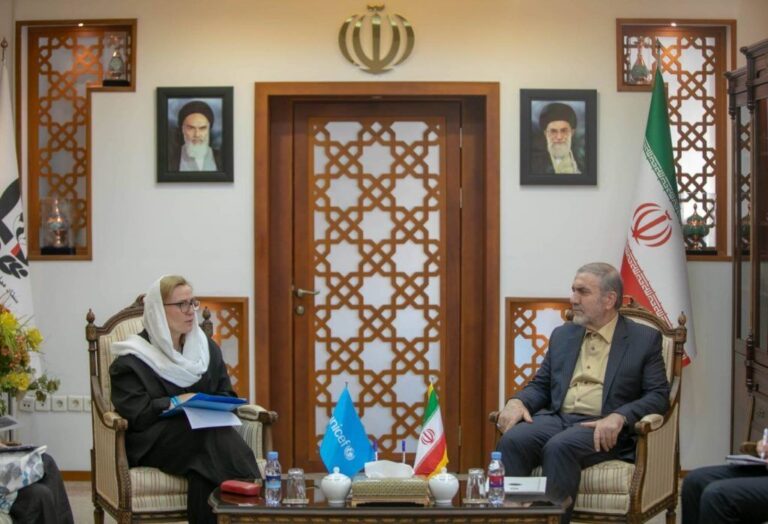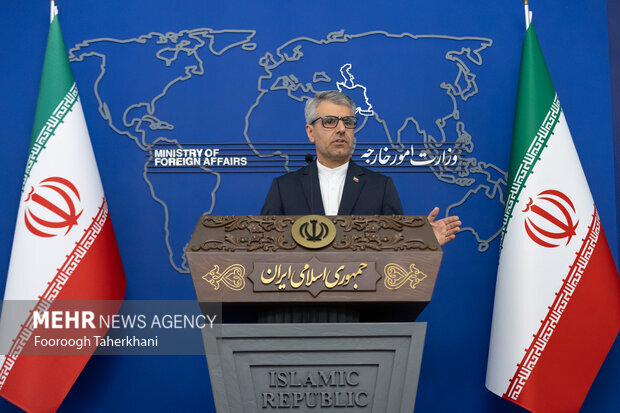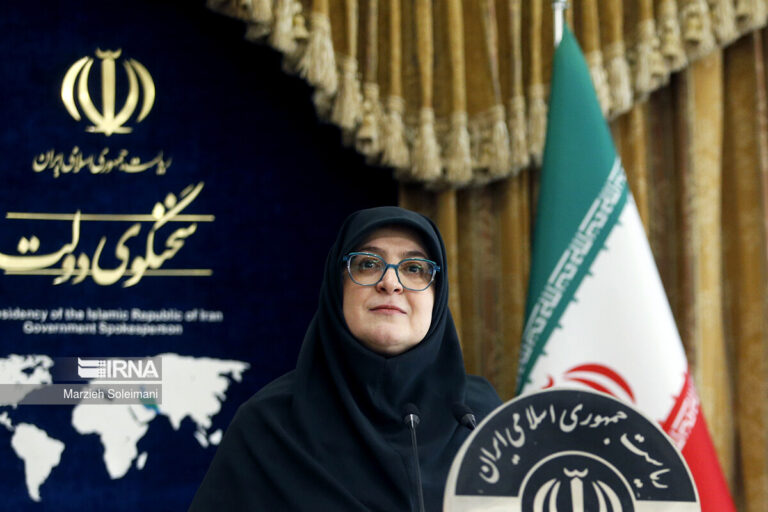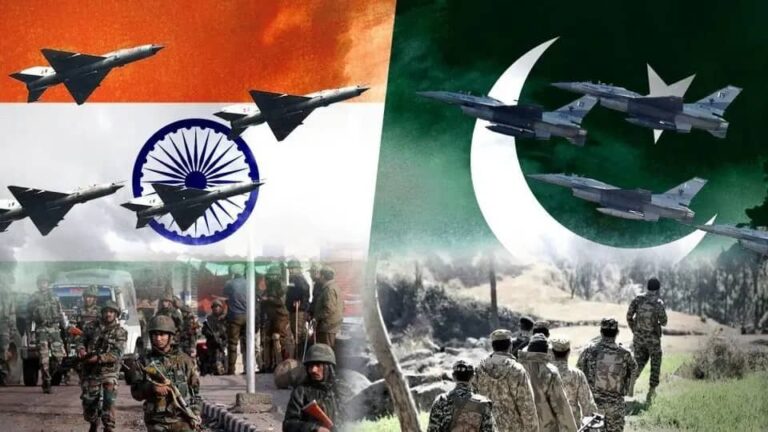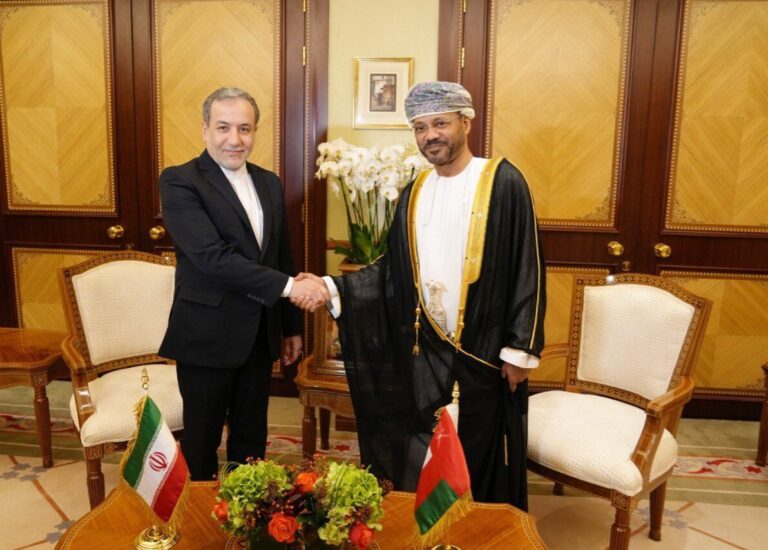Revealing Confessions of Aging Commander Expose Iran’s Secret Assassination Operations
The recent revelations by a former Revolutionary Guards minister about the orchestrated killings of dissidents in Europe during the 1980s and 1990s have highlighted Tehran’s ruthless tactics in suppressing opposition abroad. These shocking admissions bring to light Iran’s involvement in international political assassinations, raising significant concerns about the country’s actions and their implications for global diplomacy.
In a video interview released by Didehban-e Iran, Mohsen Rafiqdoost, a founding member of the Islamic Revolutionary Guard Corps (IRGC) and its minister from 1980 to 1999, spoke candidly about his role in funding covert operations. He indicated that Iran was directly engaged in planning political assassinations outside its borders. His office later claimed that these startling admissions could be attributed to his mental state following recent brain surgery, despite similar assertions made in an unpublished segment of a 2018 interview.
Political Implications and Reactions
The political ramifications of Rafiqdoost’s statements have not gone unnoticed. Iranian-Canadian political analyst Shahir Sahidsaless speculated in a post on X that Rafiqdoost’s admission regarding multiple assassinations could not have been “accidental, inadvertent, or unplanned.” He suggested that these revelations might be linked to ongoing Iran-US negotiations and the potential for sanctions relief. According to Sahidsaless:
- The IRGC benefits from existing sanctions and may seek to undermine diplomatic efforts by confirming Iran’s involvement in assassinations.
- Rafiqdoost’s confessions appear to be a deliberate attempt to obstruct any possibility of negotiations with the United States and the lifting of sanctions.
- These admissions indicate that the government has directly ordered and executed killings abroad, escalating tensions with Western nations.
As of now, there has been no official response from European governments or the United States regarding these claims. Sahidsaless speculated that the absence of immediate reactions could be due to ongoing diplomatic considerations, including efforts by the US to engage with Tehran.
Possible Diplomatic Fallout
The fallout from these admissions could lead to increased international pressure on Iran. Sahidsaless warned that this controversy could result in:
- The formal designation of the IRGC as a terrorist organization in Europe.
- Strengthened European support for sanctions imposed by the United States.
- Further justification for punitive measures if Iran continues its nuclear program.
Ahmad Bakhshayesh, a conservative member of the Iranian Parliament’s National Security and Foreign Policy Committee, echoed concerns about the timing of Rafiqdoost’s interview. He stated, “Foreign [powers] will take this as a true statement,” emphasizing the potential consequences of such admissions during a period of maximum pressure on Iran. While Bakhshayesh acknowledged that Rafiqdoost’s claims might contain some truth, he criticized the general for discussing sensitive matters at a time when Iran is facing significant challenges.
Who Were the Victims?
Rafiqdoost’s statements revealed that the victims included high-profile dissidents, such as:
- Shapour Bakhtiar – Iran’s last prime minister under the Shah, assassinated in Paris in 1991.
- General Gholam-Ali Oveissi – The chief commander of the Imperial Iranian Armed Forces, killed in Paris in 1984.
Rafiqdoost claimed, “The Basque separatist group in Spain carried out these assassinations for us. We paid them, and they conducted the killings on our behalf.” These admissions could potentially serve as evidence for the families of the victims in European courts if they decide to sue the Islamic Republic for sponsoring terrorism.
Reports indicate that Iran has continued its assassination efforts overseas. Currently, two members of the Russian mob are on trial in a US federal court for an alleged plot to kill Iranian-American feminist activist Masih Alinejad on US soil.
Denials and Controversy
In response to Rafiqdoost’s revelations, Hossein Mousavian, Iran’s former ambassador to Germany and a senior nuclear negotiator, expressed his shock via Twitter. He was particularly taken aback by the claims regarding the killing of dissident artist Fereydun Farrokhzad in Munich during the 1990s. However, it is worth noting that Mousavian himself has faced allegations of involvement in Iran’s overseas assassination campaigns, with opposition groups accusing him of orchestrating over 20 assassinations in Europe, including the notorious Mykonos restaurant killings in Berlin in 1992, where four Kurdish leaders were murdered by Iranian agents.
This past has fueled calls for his expulsion from Princeton University, where he has been a visiting research scholar since 2009. The controversial nature of these admissions raises significant questions about Iran’s international conduct and the ongoing implications for diplomatic relations.
As the situation unfolds, the global community will be watching closely to see how these revelations impact diplomatic efforts, international pressure on Iran, and the ongoing discussions surrounding its nuclear program.
